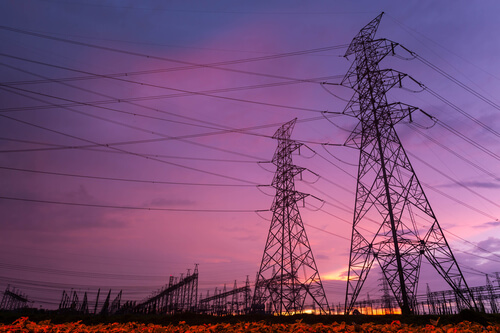 This is a continuation of our earlier article “Interview Tips for a Career in Public Utilities”.
This is a continuation of our earlier article “Interview Tips for a Career in Public Utilities”.
Types of Behavioral Questions You’ll Be Asked When Interviewing For A Job at a Public Utility
In most cases, you will have a team of interviewers questioning you. The company needs to do this to ensure that you are the best match for the position and that most, if not all, of the interviewers share this viewpoint. The team is usually made up of HR personnel, managers, and those who would be your co-workers. The interview will last about an hour, but could go as long as three or four hours.
These would be the types of behavioral questions asked of you if you’re interviewing for a job at a public utility:
Can you tell us about a time when you demonstrated the type of beliefs, core values, and ethics that our company holds so dear? (You would need to find out about these ahead of time.)
Tell us when you made a really bad decision and what you went through to correct it.
Tell us when you may have been the contrarian on a team project. How did other team members deal with your viewpoint?
Tell us how you handled a crisis situation and what ultimately happened.
Think of a time when you were forced to follow a policy you were not fully in agreement with. What did you decide to do and how did it play out?
Tell us about an experience when you had to team up with a very diverse group. How did you deal with the conflict?
When we view these questions alongside each other, we can see the pattern emerging and how core values are at the heart of the interviewing process in this particular industry. When workers are faced with crisis situations, people they disagree and are in conflict with, and/or policies they disagree with, it is their personal core values that influence the actions they take and ultimately their performance on the job.
You may perceive these questions to be confrontational or negative in nature, but in reality they serve as a form of risk management. If they end up bringing someone onboard who doesn’t work well with a mixed group of people and arguments occur, what is likely to happen? Just watch the news and you’ll understand what could happen, and it isn’t something any company wants.
It’s safe to say you’ll be challenged at some point in the interview. You may be asked, “Why should we spend money to train you?” Or, “Why are you the best candidate for the job?” Or, maybe you’ll get an easy one like this, “Can you take me through your method for problem-solving and describe your thought processes?”
These types of questions are meant to highlight the differences between candidates. There may be some among the public utilities that grade the answers and the job goes to the one getting the highest grade, but for the most part they are trying to be fair and select the candidate they think is the best fit all the way around. By having candidates sit for hours in the hot seat, they can sometimes find the best person to handle the stress of the job.



